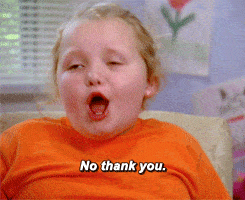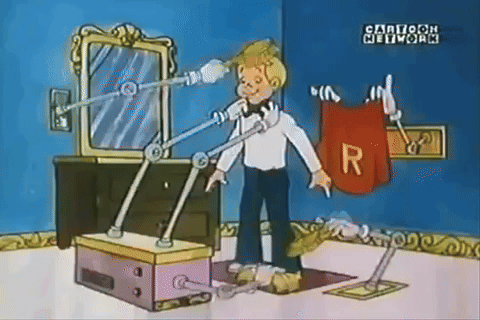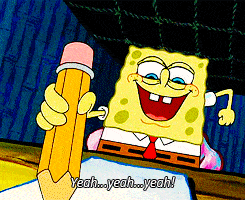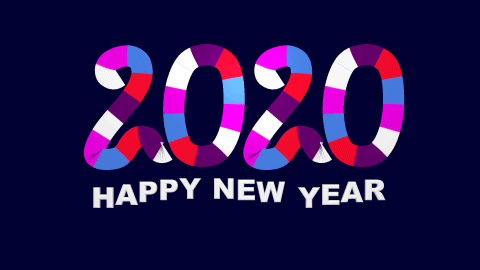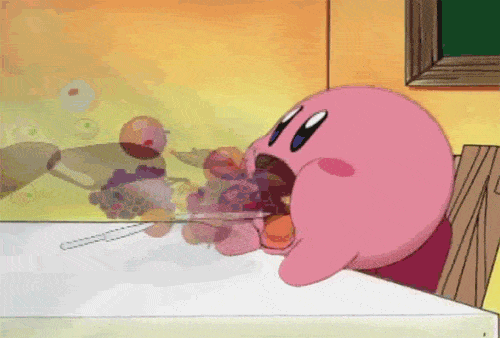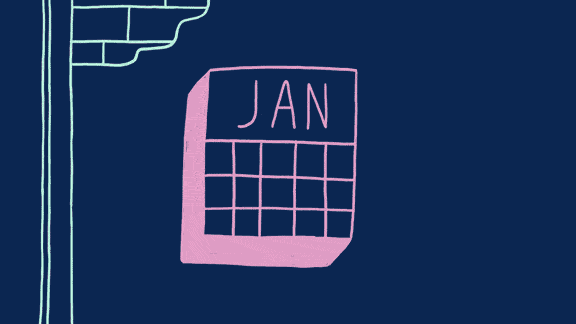- Apr 19, 2020
- 5 min read
Updated: Sep 3, 2020
I read/ listened to two of her books,
and they were the first things I turned to
almost as a coping strategy,
when social distancing measures were first rolled out.
After all,
this home I'm in is going to be where I am
for the next 2 weeks?
next month??
the entire summer???
What I read:
In true Lucy fashion I read them out of order*,
reading the second book first before the first.
the original book:
the second book:
Lesson #1: What is joy?
Ask yourself, what is joy to you?
To me, these books gave me
a deeper understanding
of what joy is,
what it looks like,
and how it feels.
Seems silly, doesn't it,
like shouldn't you, a whole ass adult,
know what joy is?
No.
Not entirely, anyways.
I felt like before I read this book
I had a more superficial understanding of happiness and joy,
one that was tainted by advertising and marketing,
which consistently and implicitly inserts itself into our beliefs
of what is good, what is happy, and what is healthy.
But we're all different after all,
and those $olution$ work for some,
but not all.
In her first book, she MANDATES that
HAVE to follow her order of cleaning categories:
clothing >
books >
papers >
komono (miscellany) >
sentimental items
And the meaning behind is that
you slowly develop this skill of discerning
what is love?
what is neutral?
what is not so great?
And when she teaches her clients to define what
"sparks joy",
she literally demonstrates it. (see gif above)
She lifts upwards entirely.
The concept "joy lifts you up" was always abstract to me,
but in her Netflix show she directs her clients' attention
towards signs of joy in the body:
eyebrows unfurrowed
shoulders lightened up
breath smooth
overall, posture doesn't tense up in reaction to item
These are all signs from our body
that we've all learned to ignore
so we can be adults and complete our responsibilities.
Like after sorting my items I recognized the same
feeling of joy in my body when I message certain people,
or when I make a new recipe and it turns out really well,
that lifting sense of enjoyment.
I also noticed which things gave me
the same physical reaction as that one specific sock with a hole
that was really cute when I got
but has become so mangled it is now more monstrous.
Some of those things I can make changes to,
some of those things I still have to do (dishes)
but have learned to pair with something fun (podcast).
Take home #2: Making decisions using visuals
K, I've always conceptually KNOWN from class
that your working memory can only hold so much
and that having a visual (e.g., pros + cons list) helps with making decisions,
because honestly you can only hold a few of those pros/cons reasons
in your head before your thoughts swirl to the next set of reasons.
That's how I end up ruminating anyways.
Similarly, Marie Kondo makes use of this tactic.
Her first step is to get you to hunt down EVERY last item within a category
and place them into one place.
This looks like ONE GIGANTIC pile of clothes
in the living room
in every one of her Netflix show episodes.
Only when she's absolutely certain that you have all your options out
that she gives the green light to begin decision making.
In some ways I'm adapting this concept
(now tangibly and eternally visualized as a huge mountain of clothing options)
with things like emails, to do lists + scheduling meetings also.
I set aside one time at the end of the day
where I gather all my tasks,
emails that I've held on to because they had actionable items,
and ongoing projects (and their bite sized subtasks)
and make sure I make decisions when considering ALL of these.
Too often I've run into the problem where
I'm scheduling meetings on the fly
and agreeing to doing URGENT tasks
that I'm not giving enough time to those ongoing projects
with moving deadlines.
This, I realized,
was equivalent to
cleaning out all my books in the bedroom
and already putting them back on to the shelf
to realize that I haven't touched the books in the living room
or in my bag
and now there's no room on my shelf.
Take home #3: Letting go***
Probably the biggest thing I took from this book
is the concept of letting go.
My biggest flaw is I literally keep EVERYTHING,
from emails,
to the brunch receipt that said "e-muffin"**** from
my 102nd date with my bf.
She puts sentimental items last,
because you're not only letting go
of that drawing your child drew when she was 3,
that ticket to a concert you went to see as a teen,
or that receipt of the e-muffin,
you're letting go of an emotional connection to a past event.
And those are the hardest.
But her most comforting words are,
that these are the things that made you who you are now,
to thank them, the item and the memory of experience
for helping you shape who you are today.
And there you are,
the three lessons I took from Marie Kondo's books.
Note: I still don't know how to end these blog posts
because I feel like I should have a conclusion paragraph
So here are some words
thank you for reading???
Also recommend me books to read, especially books that have changed your life
👇👇👇
Drop into my Discord Server where the only active channel is a channel where we count upwards to infinity (at the time of writing we are at 1312) ???
Comment below!
Here are the footnotes because I'm the Queen of Tangents
*tangent #1
I read Harry Potter out of order as a kid
just because the next book was checked out
and I couldn't wait to hear more about Hermione
because Hermione was the embodiment of the
little nerd that I was.
Needless to say it was R E A L LY confusing.
**affiliate links
this means I earn $$ if you specifically purchase from this link
I've been trying out Amazon Affiliates for the 3rd time
because the previous 2 times the strategy I was using
wasn't generating enough sales to meet their min thresholds
so both times I never cashed out and they closed my account.
Starting this for a 3rd time so I can try out some new strategies,
blog about what worked + what didn't
because experimenting is what I love doing, shhh :)
Keep an eye out for a potential blog post ???
***Unrelated distraction and tangent
I was going to write this all in one go but I wanted to document
that before I wrote lesson #3,
I was deeply distracted by looping this specific video
for at least 6 times.
Please watch it and get it to 10M views thanks
****the e-muffin
bf: what's an e-muffin?
bf: like an electronic e-muffin?
bf: are they gonna email me the e-muffin?
bf: I didn't get a muffin where is it
me: there was an english muffin under my poached egg this was my order thanks

